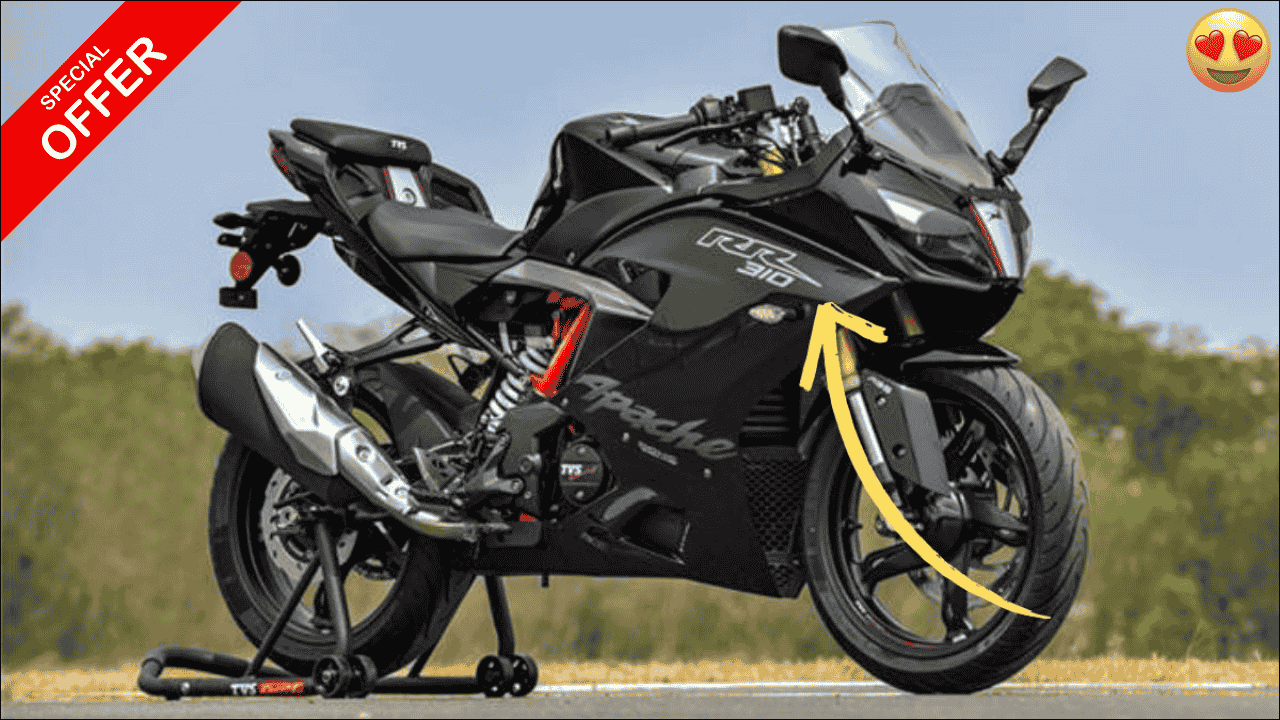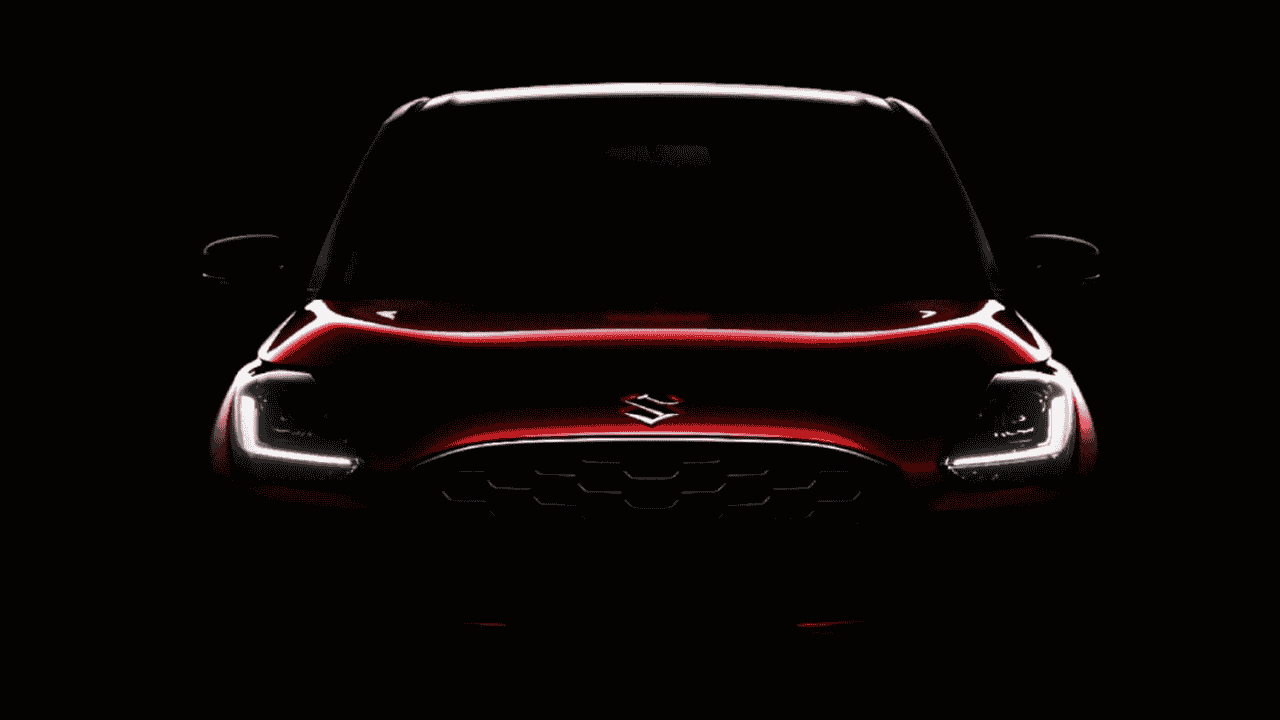
The iconic Suzuki Hayabusa has established remarkable momentum in the Indian motorcycle market, solidifying its position as one of the nation’s most desired premium motorcycles. Defying expectations about its high-end positioning and formidable capabilities, the Hayabusa has thoroughly captivated Indian motorcycle enthusiasts, generating impressive sales figures that have astonished seasoned industry observers. This extraordinary market performance challenges traditional assumptions regarding India’s price-conscious consumer base and indicates a significant evolution in the premium motorcycle segment.
Table of Contents
Tracking the Hayabusa’s Market Triumph
Current market analysis confirms that the Suzuki Hayabusa has not merely sustained its popularity but significantly expanded its market presence across India. This legendary hyperbike, recognized worldwide for its extraordinary performance and distinctive aerodynamic styling, has consistently seen customer interest exceed available inventory since the launch of its latest iteration.
Suzuki Hayabusa: Technical Specifications and Market Performance
| Category | Information |
|---|---|
| Powerplant | 1,340cc four-cylinder, liquid-cooled |
| Maximum Output | 190 PS (187.7 bhp) @ 9,700 rpm |
| Maximum Torque | 150 Nm @ 7,000 rpm |
| Maximum Velocity | 299 km/h (electronically restricted) |
| Operational Mass | 266 kg (fully fueled) |
| Current Market Price | ₹16.90 lakh (ex-showroom) |
| Q1 2024 Sales Volume | 798 motorcycles |
| Year-over-Year Growth | 73% increase compared to Q1 2023 |
| Delivery Timeline | 4-6 month wait in primary markets |
| Available Finishes | Glass Sparkle Black, Metallic Mat Sword Silver, Pearl Vigor Blue |
| Market Competitors | Kawasaki Ninja ZX-14R, BMW S 1000 RR, Ducati Panigale V4 |
| Maintenance Infrastructure | 140+ specialized Suzuki Big Bike service facilities nationwide |
Key Elements Behind the Hayabusa’s Market Success
The Hayabusa’s impressive market performance in India stems from several critical factors that have converged to create ideal conditions for this legendary motorcycle.
Cultural Significance and Media Presence
The Hayabusa enjoys exceptional brand recognition throughout India, having appeared extensively in Bollywood productions, music content, and across social media platforms. This cultural integration has transformed the motorcycle from a mere vehicle into a prestigious symbol representing velocity, achievement, and refinement. For numerous Indian enthusiasts, Hayabusa ownership fulfills a long-standing aspiration rather than simply representing a vehicle acquisition.
Competitive Pricing Through Local Production
Suzuki’s strategic decision to establish Hayabusa assembly operations in India using the Completely Knocked Down (CKD) approach has created substantial cost advantages compared to fully-imported competitors. While maintaining its premium market position, the motorcycle delivers exceptional value when measured against European alternatives with comparable performance specifications that typically cost 30-50% more due to import tariffs. This pricing approach positions the Hayabusa as an attainable aspiration for India’s expanding affluent motorcycle enthusiast demographic.
Expanding Enthusiast Communities and Performance Infrastructure
India has experienced significant development in organized motorcycle groups, track events, and dedicated riding communities. These organizations provide both community validation and practical support networks essential for high-performance motorcycle ownership. Furthermore, the establishment of professional racing facilities such as Buddh International Circuit and Madras Motor Race Track has provided owners with appropriate environments to explore their motorcycles’ capabilities, enhancing the practical appeal of ownership.
Comprehensive Sales and Service Network
Suzuki has methodically expanded its premium motorcycle dealership and service operations throughout India, ensuring prospective buyers have access to knowledgeable sales professionals and technical support even in secondary urban markets. This network expansion has broadened Hayabusa accessibility beyond major metropolitan centers, engaging previously underserved markets with significant purchasing capacity.
Evolution of Customer Demographics and Ownership Patterns
The typical Hayabusa purchaser in India has transformed considerably over time, reflecting broader shifts in the country’s economic landscape and motorcycle culture.
Contemporary Hayabusa Owner Characteristics
Today’s Indian Hayabusa owners encompass diverse segments of society, including:
- Established entrepreneurs and business leaders in their 30s and 40s
- Technology sector professionals with global exposure
- Next-generation motorcycle enthusiasts transitioning from intermediate displacement motorcycles
- Motorcycle aficionados maintaining multiple premium motorcycles
- Business executives seeking recreational thrills to complement professional responsibilities
This diversification represents a significant evolution from earlier periods when the Hayabusa was predominantly acquired by high-net-worth individuals or public figures.
Shifting from Symbol to Performance Instrument
Market analysts have identified a substantial transition in purchase motivation among recent customers. While previous generations of owners may have valued the Hayabusa primarily for its status value with limited actual riding, contemporary owners increasingly prioritize the motorcycle’s performance attributes, regularly participating in track sessions and organized riding events. This evolution signifies a maturing motorcycle culture that prioritizes riding experiences over mere possession.
Market Challenges and Development Prospects
Despite its remarkable sales achievement, the Hayabusa faces several important challenges and opportunities in the Indian marketplace:
Intensifying Competitive Environment
Premium motorcycle manufacturers are recognizing the Hayabusa’s success and adapting their strategies accordingly. Brands including Kawasaki, BMW, and Ducati have reinforced their dealer operations and introduced more affordably priced models to capture market share in this expanding segment.
Evolving Regulatory Framework
India’s advancing emission requirements and safety standards present continuing challenges. While the current Hayabusa complies with BS6 emission regulations, future regulatory developments may necessitate additional technical modifications that could affect pricing or performance characteristics.
Market Growth Possibilities
Industry specialists forecast continued expansion for the premium motorcycle segment in India, particularly in the over-1000cc category. Suzuki appears strategically positioned to capitalize on the Hayabusa’s iconic status to maintain market leadership, potentially through special editions or performance variants specifically developed for the Indian market.
Frequently Asked Questions
What explains the Hayabusa’s popularity in India despite its premium pricing?
The Hayabusa’s Indian market success stems from its established cultural significance, distinctive styling, legendary performance reputation, and competitive value proposition compared to imported European alternatives. Local assembly operations have improved affordability relative to many competitors, while its established position as the definitive hyperbike creates powerful aspirational appeal.
How do maintenance expenses for the Hayabusa compare with other premium motorcycles in India?
The Hayabusa’s maintenance requirements are generally more affordable than comparable European superbikes, with maintenance intervals occurring at 6,000 km and comprehensive service at 12,000 km. Parts availability surpasses many competitors due to Suzuki’s extensive dealer network, while the proven reliability of its engine design results in fewer unplanned repairs. Typical annual maintenance for regular use ranges between ₹30,000-45,000, excluding tire replacement.
Does the Hayabusa adapt well to Indian riding conditions?
Despite its high-performance design, the Hayabusa demonstrates surprising adaptability to Indian conditions. Its comfortable ergonomics, manageable low-speed handling despite substantial weight, and comprehensive electronics package with multiple riding modes make it more practical in everyday situations than many track-focused alternatives. However, its substantial dimensions and power output require appropriate respect and experience from riders, particularly in congested urban settings.





